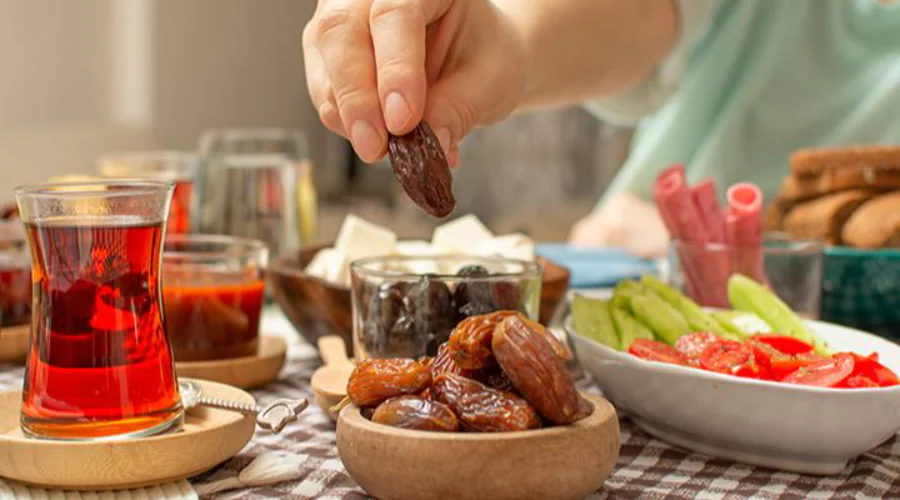
- 19 Apr
- 2022
Ilustrasi gambar (Shutterstock)
UM Surabaya Lecturers Share Fasting Tips for the Elderly
Every Muslim in the month of Ramadan is required to fast whether male or female. Some groups that are allowed not to fast are travelers or someone on a trip, pregnant women, nursing mothers, the elderly (elderly), people who are sick. Elderly people are a group that is given waivers or is allowed not to fast, but if the elderly feel capable and don't have the potential to become sick they are allowed to fast.
Siti Aisyah, Teaching Team of the Gerontic Division of the Faculty of Health Sciences (FIK) UM Surabaya, shared six tips for the elderly to stay healthy while fasting during the holy month of Ramadan.
"First, don't forget to eat breakfast. For the elderly who are fasting, sahur is very important because with suhoor the nutritional adequacy of substitutes can be fulfilled. Consume foods that contain carbohydrates as a source of energy, protein from side dishes and vegetables, to avoid dehydration drink enough 8 glasses of water a day," explained Aisyah Monday 18/4/22)
In addition, it is also important for the elderly to choose food when breaking the fast, and it is recommended not to overeat, excessive food can interfere with digestion, especially foods that contain fat. The iftar menu is filled with balanced meals, consuming main meals, rice, side dishes, including fruits and vegetables.
Avoid eating fried foods, salty foods, high-sugar foods when breaking the fast. Foods high in sugar and fat can cause lethargy and fatigue the next day, besides that it can increase the weight of the elderly. It is better for the elderly to avoid foods that contain salt because it can increase thirst during fasting.
Another thing to note is to always control your health. During fasting, the elderly should always control their health, especially weight, BP, blood sugar and cholesterol.
"This examination can be carried out independently, so if there is a change in BP, blood sugar can be taken preventively so that the elderly can resume fasting the next day," he added again.
It's important to drink enough water. The need for water for the body is very important because when the need for fluids in the body is fulfilled we can avoid dehydration during fasting.
The need for water consumption for the elderly is 8 glasses a day. In addition to water, the elderly can also get fluids from vegetable soups, juices and fruits, but water is recommended to replace lost fluids during fasting.
Apart from that, filling free time with light activities is also necessary. Light activity is very important for the elderly because with activity the metabolic system in the body will run well, train the body balance, prevent hypertension, reduce the risk of diabetes, avoid fatigue, and prevent osteoporosis.
When fasting, the elderly tend to have a long time waiting for the time to break their fast. Light activities can be carried out by the elderly, including increasing worship, praying and reciting the Koran, listening to murrotal, helping with activities in the kitchen, gardening, completing crossword puzzles, playing puzzles. Adequate sleep is still needed for 7-8 hours a day.
Lastly is light exercise. For about 12 hours the body does not get food supply, exercise is still needed by the elderly while fasting so that the body stays fit, for that the elderly need to do sports when fasting.
"Things that need to be considered when exercising during fasting are doing sports after breaking the fast, because at that time the body will already have a food supply, or 30-60 minutes before breaking the fast and the type of exercise that can be chosen is light intensity exercise," he concluded.










(0) Comments